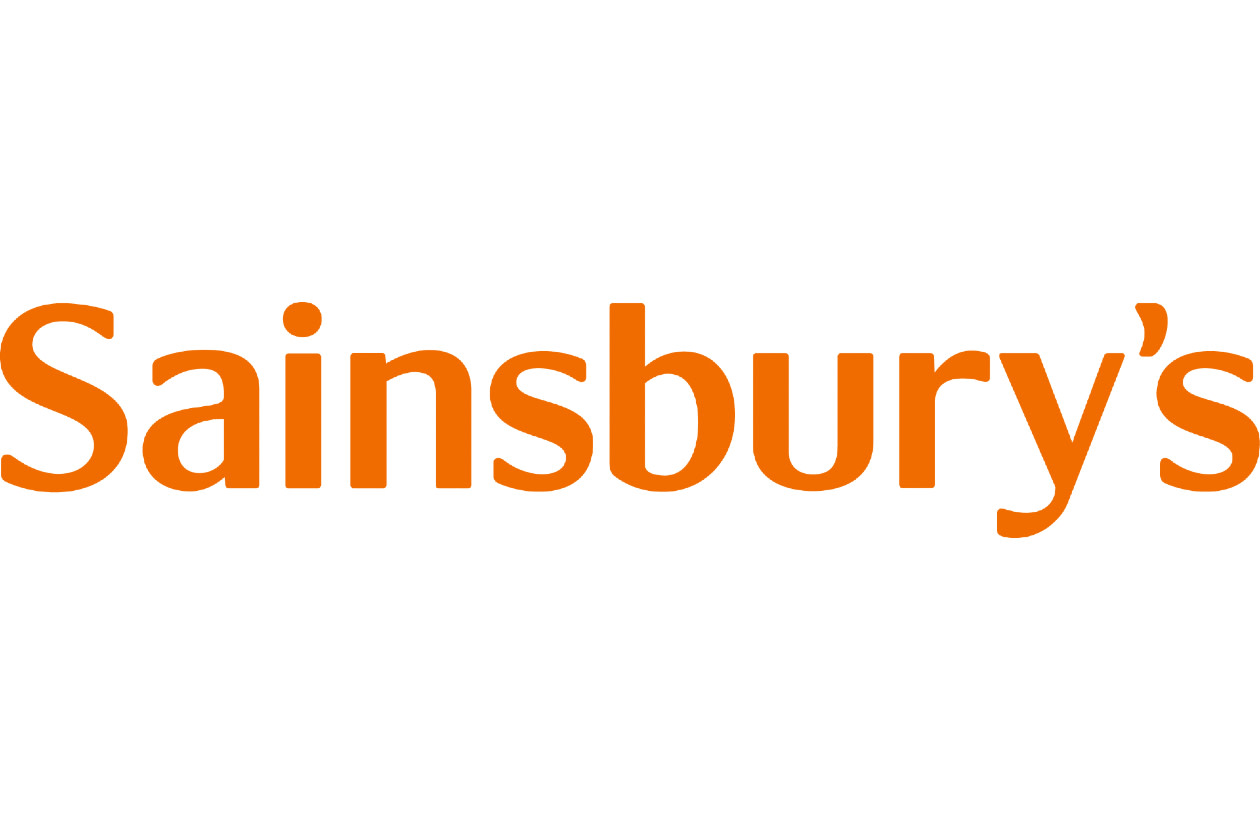Sainsbury’s reported a 2.8% rise in third-quarter like-for-like sales, excluding fuel. Growth was driven by a 4.1% increase in Grocery sales as the group gained market share, enabling food volumes to grow faster than the sector average.
Total General Merchandise sales, including Argos, fell 1.5% in the period despite Clothing sales rising by 2.2%.
Full-year guidance remains on track, with the group expecting underlying retail operating profit to grow around 7% to just over £1bn. Retail free cash flows of at least £500mn are also expected.
The shares fell 2.1% in early trading.
Our view
Sainsbury’s third-quarter results were impressive, with double-digit growth in its premium Taste the Difference range. But non-grocery sales remain a drag on performance, and it’s unclear when or if the tide will turn on this front.
Back to the main story, the supermarket continues to scoop up market share, in large part due to a herculean effort to improve products, value perception and innovation more generally.
Grocers have been forced to up their game as competition in the industry reaches fever pitch thanks to the upwards march of Aldi and Lidl. And while Sainsbury's value-led strategy has paid off, offering value doesn't come cheap.
Those in the middle of the market, like Sainsbury's, are most exposed in these tough times. It means the group has no choice but to get its hands dirty and fight for customers. Credit where it’s due – things like Nectar prices and Aldi price matches are working at plugging the exit of customers.
That’s important because for all Sainsbury’s excellent work in its core retail business, general merchandise sales aren’t faring well as customers prioritise the essentials. General merchandise is the most cyclical area of the supermarket economy, so being overweight in this area through its ownership of Argos is weighing on performance.
The top-line growth and efficiency improvements have been enough to keep profits moving in the right direction. But Sainsbury’s CEO flagged that the changes to employers' National Insurance contributions would cost around £140mn, and that’s before the impact of hikes to the national minimum wage are felt.
That’s a lot of extra money to find and it could put pressure on profits in the near-term. To help offset this impact, it’s very likely that prices at the till will have to go up. While Sainsbury’s peers are all in the same boat, it does mean competition on prices looks set to intensify.
The balance sheet was in good shape last we heard, with the ratio of net debt to cash profit (EBITDA) sitting towards the lower end of its target range. And with strong cash flows, there’s plenty of weight behind the group’s prospective 5.4% dividend yield. Shareholder returns should also receive a boost of at least £250mn, following the decision to sell core Sainsbury’s Bank assets to NatWest. But remember, no shareholder returns are guaranteed.
Overall, Sainsbury’s has done just about all it can to better itself, and it should be commended for that. The valuation isn’t anticipating much in the way of more improvements. Nonetheless, the very real threat of a price war in the space means further volatility can’t be ruled out.
Environmental, social and governance (ESG) risk
The retail industry is low/medium in terms of ESG risk but varies by subsector. Online retailers are the most exposed, as are companies based in the Asia-Pacific region. The growing demand for transparency and accountability means human rights and environmental risks within supply chains have become a key risk driver. The quality and safety of products as well as their impact on society and the environment are also important considerations.
According to Sustainalytics, Sainsbury’s management of ESG risks is strong.
An area of strength is the fact that the group’s executive pay is explicitly linked to ESG performance targets. However, within that, the group’s ESG disclosures aren’t in accordance with leading reporting standards, in particular the environmental policy is weak. This is significant given the group’s extensive packaging and freight usage. The group’s large scale puts it at increased risk of scrutiny when it comes to product reputation, and is something to monitor as customer appetites lean more towards sustainable options.
J Sainsbury’s key facts
All ratios are sourced from Refinitiv, based on previous day’s closing values. Please remember yields are variable and not a reliable indicator of future income. Keep in mind key figures shouldn’t be looked at on their own – it’s important to understand the big picture.
This article is not advice or a recommendation to buy, sell or hold any investment.No view is given on the present or future value or price of any investment, and investors should form their own view on any proposed investment.This article has not been prepared in accordance with legal requirements designed to promote the independence of investment research and is considered a marketing communication.Non - independent research is not subject to FCA rules prohibiting dealing ahead of research, however HL has put controls in place(including dealing restrictions, physical and information barriers) to manage potential conflicts of interest presented by such dealing.Please see our full non - independent research disclosure for more information.


